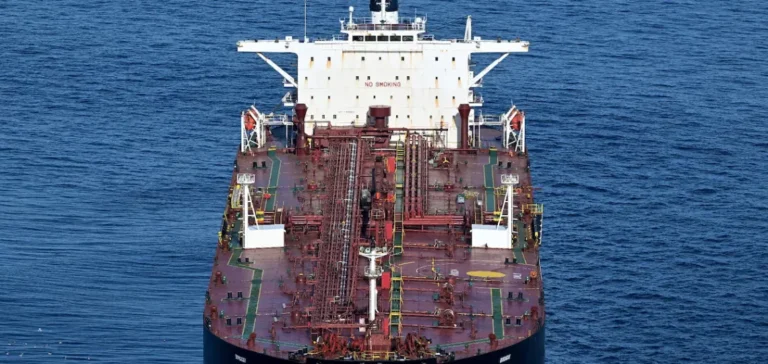The British government has imposed new economic sanctions against Russian oil companies Rosneft and Lukoil, as well as 51 vessels suspected of being involved in the clandestine export of crude oil and liquefied natural gas. These measures are part of a tightening policy against the financial channels supporting Russia’s energy sector.
Rosneft and Lukoil, Russia’s two largest oil producers, jointly export around 3.1 million barrels per day. Rosneft alone accounts for nearly half of the country’s total oil output. British authorities state that the new sanctions aim to disrupt the energy logistics chain fuelling Russia’s war economy by limiting its hydrocarbon revenue.
Sanctions extended to ports and refined products
The package also includes a ban on importing refined petroleum products from third countries if derived from Russian crude. Additionally, four oil and liquefied natural gas terminals located in China are targeted. These facilities are suspected of facilitating the rerouting of Russian hydrocarbons to foreign markets, bypassing existing sanctions.
This decision comes as Beijing continues to increase its imports of Russian oil and gas. British authorities argue that these indirect flows constitute an active circumvention of the restrictive measures imposed since February 2022.
Shadow fleet and frozen assets
The newly published list includes 51 vessels identified as part of Russia’s “shadow fleet”, used to maintain export volumes to Asian and African markets. In total, around 500 vessels have been sanctioned by the UK since the start of the conflict.
According to the UK Treasury, these vessels often operate without location trackers and conduct offshore transfers to obscure the origin of the crude. This method reportedly allows Russia to maintain significant revenue despite the price caps enforced by Western countries.
Frozen assets and technological components
In addition to energy sector actors, several companies specialising in electronic components have also been targeted. These components are considered essential to the manufacture of drones and missiles used in the military conflict.
Some of the sanctioned suppliers are based in Thailand, India, Singapore, China and Turkey. Since the beginning of the invasion, the United Kingdom claims to have frozen £37bn ($45.23bn) in Russian assets held within its jurisdiction.






















